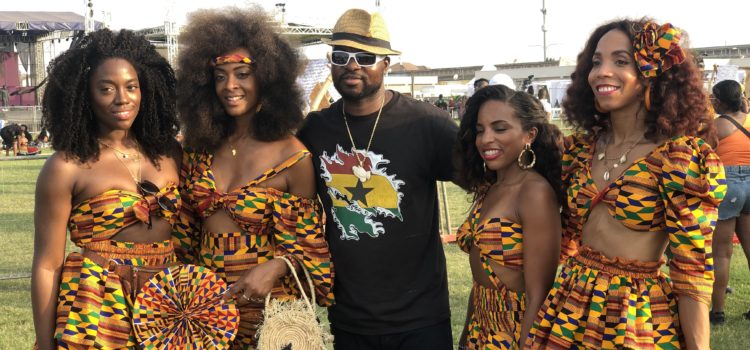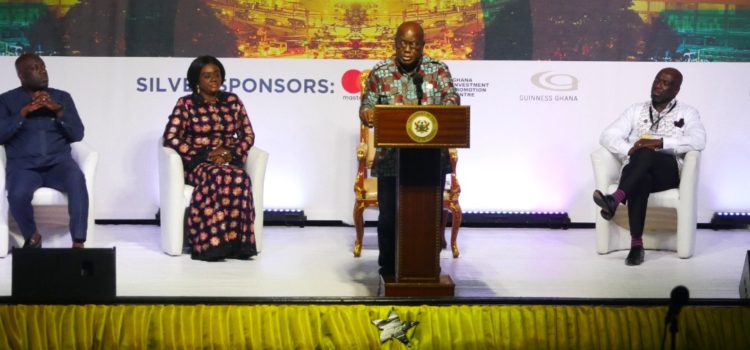How Ghana’s historic homecoming is changing Africa
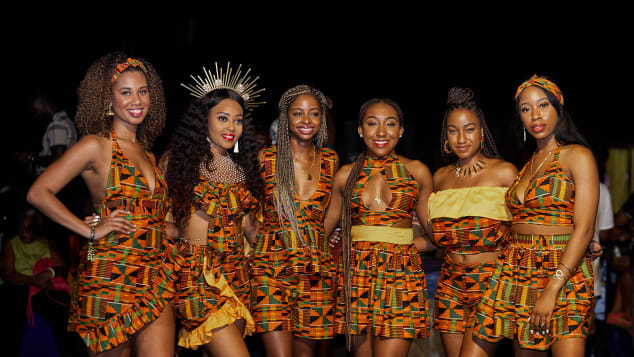
They all have one thing in common: they answered Ghana’s call to come home.
A new Harlem Renaissance
Ghana is having a moment and some describe it as akin to the Harlem Renaissance, the 1920s movement in the United States that’s credited with revolutionizing African-American arts and culture.
Ana Lucia Araujo, Professor of History at Howard University, says what’s happening in Africa now correlates almost identically with the Harlem experience.
“The Harlem Renaissance was a time when African culture and arts were finally being valued during a period when segregation and racism ran rampant in America,” Araujo told CNN.
“We are finding now that the diaspora wants to experience their culture and feel accepted in a place where racism is not so engrained as in many parts of the West,” she says of Ghana’s appeal.
Cynthia Ofori-Dwumfuo, a 35-year-old Ghanaian citizen who serves as the head of marketing for an insurance company, agrees.
“We are getting to a point where the dichotomy between Africans and the diaspora is slowly fading away,” she says. “We are all starting to see that we are all African. What is happening here is a celebration of culture and it has helped me to see that being African is so cool.”
The Pan-African movement
This is not the first time that African-Americans and the diaspora have heeded the call to come home to Africa.
Araujo says that shortly after the US abolition of slavery in the 19th century, influential leaders such as Marcus Garvey pleaded with African-Americans to return to Africa, some staying for good, including the Pan-Africanist intellectual, W.E.B. Dubois.
In 2019, Ghana ran a hugely popular Year of Return campaign to attract international visitors of Ghanaian descent.
In Accra, people from all walks of life arrived in the thousands in the last few days of 2019. Among them was the mother of megastar Beyoncé, Tina Lawson, who was visiting Ghana for the first time.
“This experience has been eye-opening,” she told CNN in Accra. “I understand now why everyone is talking about coming here. This place makes me want to heal.”
Felix Darko, 26, a German-Ghanaian computer engineer who moved to Ghana when he was eight, says the Year of Return is significant.”It was the year that Ghana jumped into the global and diaspora consciousness,” he says.
“This place is incredibly rich in culture and is also one of the more culturally relevant places to visit for the diaspora as most slaves that were taken from the continent were done so from our shores.”
‘A spiritual and birthright journey’
The Year of Return marked 400 years since the first arrival of African slaves stepped on American soil.
The Ghana Tourism Authority and Ministry of Tourism, Arts, and Culture spearheaded the campaign, inviting the “global African family, home and abroad” to make the “landmark spiritual and birthright journey.”
Two hours west of the capital, in the Cape Coast, comedian Steve Harvey, actors Boris Kodjoe, Danny Glover and musicians T.I. and Ludacris all visited the Elmina Castle, a life-changing trip for most, who come to tour the major hub that served as the final destination in Africa for millions of slaves before being shipped overseas.
Ghana attracted a number of high profile guests in 2019, particularly in the latter part of the year in the lead up to the Year of Return festivities. In November, talkshow host Conan O’Brien traveled to Ghana where he danced with locals, Naomi Campbell took part in Jack Ma’s entrepreneur summit and Cardi B performed for fans in a December concert.
Ghana Tourism Authority’s CEO, Akwasi Agyemang, told CNN that the social, economic and media impact from Year of Return has been a “phenomenal awakening.”
A rival to Ibiza or Cape Cod?
The World Bank also notes that compared to 2018, Ghana’s economy expanded with a GDP growth rate at 6.7% in the first quarter alone, its private sector grew stronger and local businesses have seen a significant improvement, said Agyemang.
Ghanaian President Akufo-Addo said last December that the diaspora has positively impacted countries “through increased trade activities, investments and the transfer of skills.”
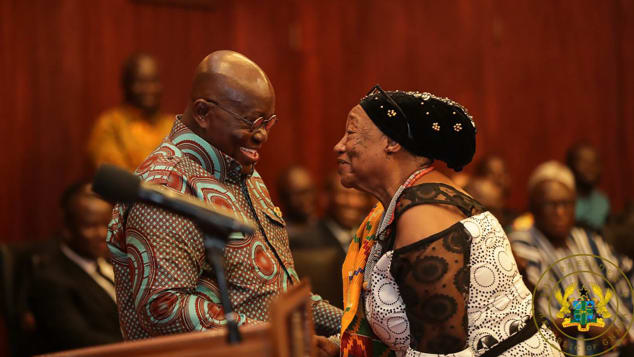
Ghana made 126 African-Americans and Caribbeans its citizens part of Year of Return celebrations
Nana Addo Dankwa Akufo-Addo/Facebook
Asante Berko, owner of two restaurants, AM&PM and Fat Fish, at Accra’s upscale community, the Villagio, described how his businesses have been impacted in one word: “Phenomenal.”
“Sales practically tripled,” he said, adding that demand was so high that he was forced to turn people away.
But the reason behind this was more important than the business revenue, he insists. “To be a part of this movement has taught me the strength in numbers. [The diaspora] can normalize this and make this a place akin to Ibiza or Cape Cod.”
The country’s tourism authority agrees. “This is a very important time for this country,” CEO Agyemang says.
“People are now starting to make the pilgrimage here just like Jerusalem or Mecca, and we are here to welcome them if they decide to return.”
Ghanaian-American Kojo Terry Oppong, the owner of a Ghanaian lifestyle concierge service, doesn’t need any further convincing to return.
“As many of us in the diaspora experience our “moment of clarity,” he says.
“I trust that others will join me in agreeing that it is not malaria, poor infrastructure, etc… that you need to be concerned about. It is the “Ghana Bug,” which once bitten, makes you hold her dear in your heart.
“You will find yourself coming back again, and again, and again,” he says.
Source: Zaina Adamu, CNN
Ghana Diaspora Celebration & Homecoming Summit Welcomes Diasporans From Around the World
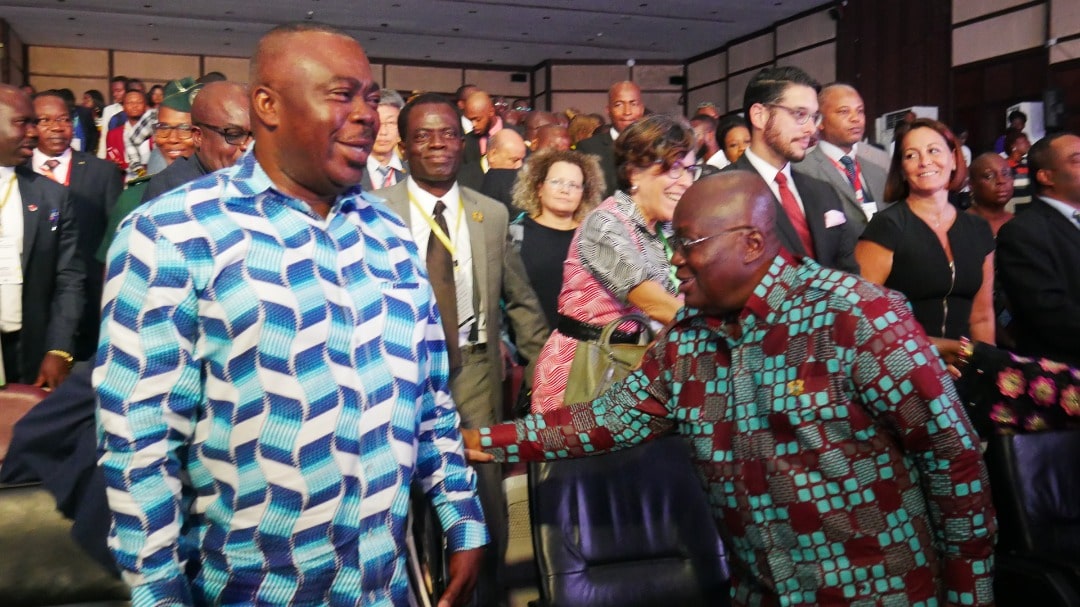
Ghana continues to be a leader in Africa when it comes to its relationship with the diaspora community. It’s the first country to have a Diaspora Affairs Office in the Presidency designed to focus on the needs of its people living outside the country. The biennial Ghana Diaspora Celebration and Homecoming Summit, which runs from 3rd – 6th July 2019, had a successful opening day at the Accra International Conference Centre. Many dignitaries and government officials were there to be part the opening day including, Mustapha Hamid, Minister of Information, Barabara Oteng Gyasi, Minister of Tourism, Arts and Culture, Jessica Ayivor, Vice President of the African American Association of Ghana and H.E. Dr. Erieka Bennet, Head of Mission, Diaspora African Forum. A special Keynote address from President Nana Akufo-Addo was a highlight that served to put a stamp on the importance of this conference.
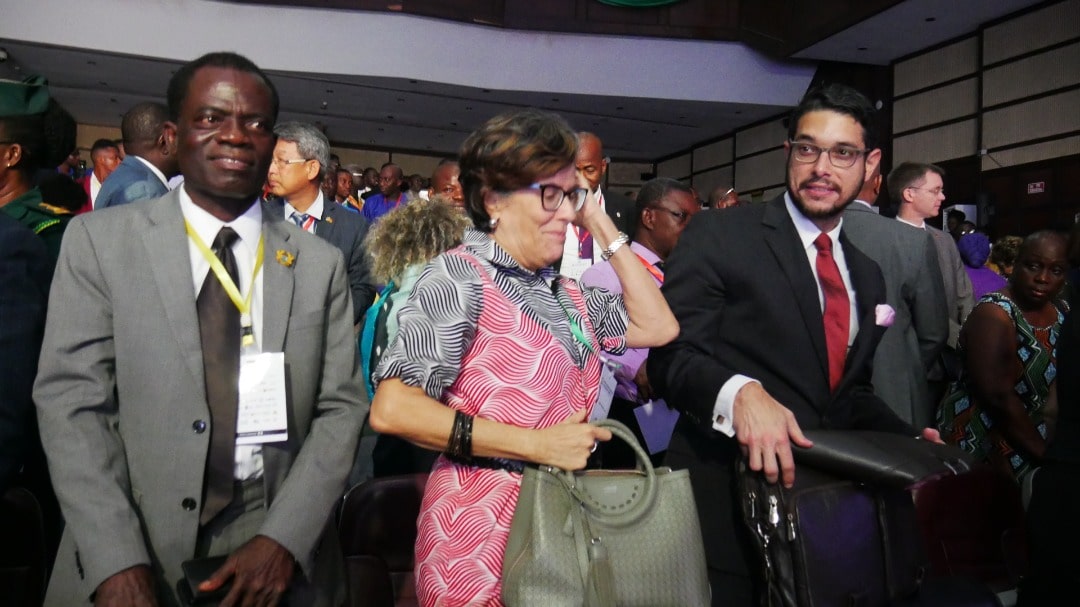
Akufo-Addo said some key things in his address that gave everyone the confidence that he takes this event and the work of the Diaspora Affairs office seriously. “When I’ve visited countries outside our shores, I’ve engaged with members of the Ghanaian community not only to tell them about the progress we made in our country but also to listen to their concerns.” He continued his address saying, “When I was informed the remittances from Ghanaians in the diaspora has increased by nearly 50% from $2.2 Billion USD in 2017, to $3 Billion USD in 2018, it reinforced my decision to continue to engage in this important constituency that continues to support the growth and the progress of our economy.”
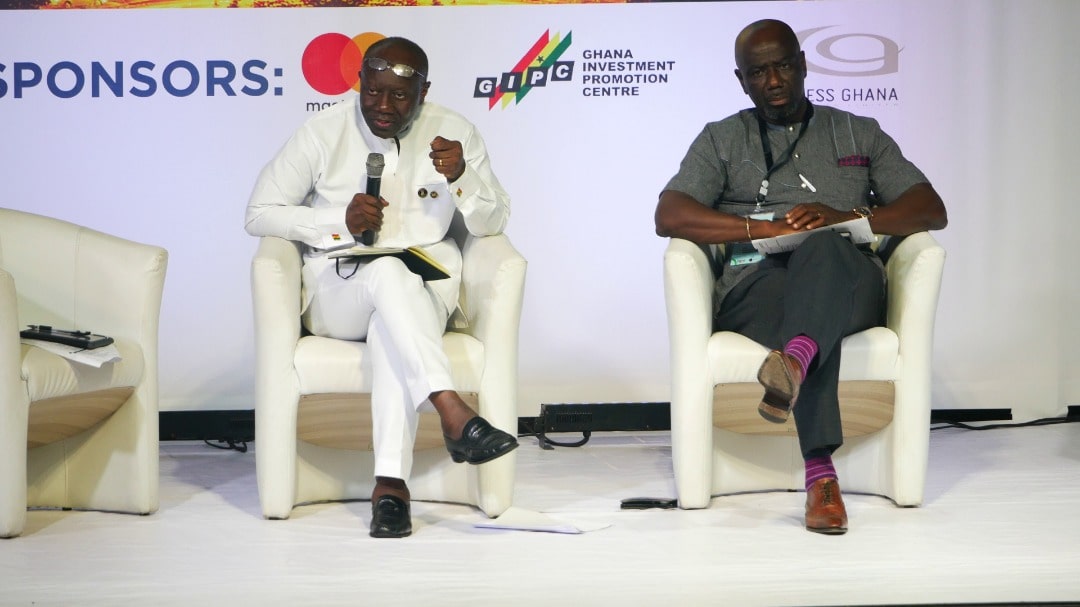
Mr. Akwasi Ababio, Director of Diaspora Affairs, Office of the President, has done a great job of engaging with the diaspora. Known for taking the time out of his busy schedule to meet with people from the diaspora, Mr. Ababio is perhaps one of the most accessible people in government. During his address on the first day of events, he said, that the summit was working towards enhancing the quality of life for Ghanaians both at home and in the diaspora. “We also recognize the strategic role those in the diaspora play in Ghana’s development,” he said. “The [upcoming] sessions will highlight the past and present actions of the diaspora and the future opportunities working together to build Ghana.”
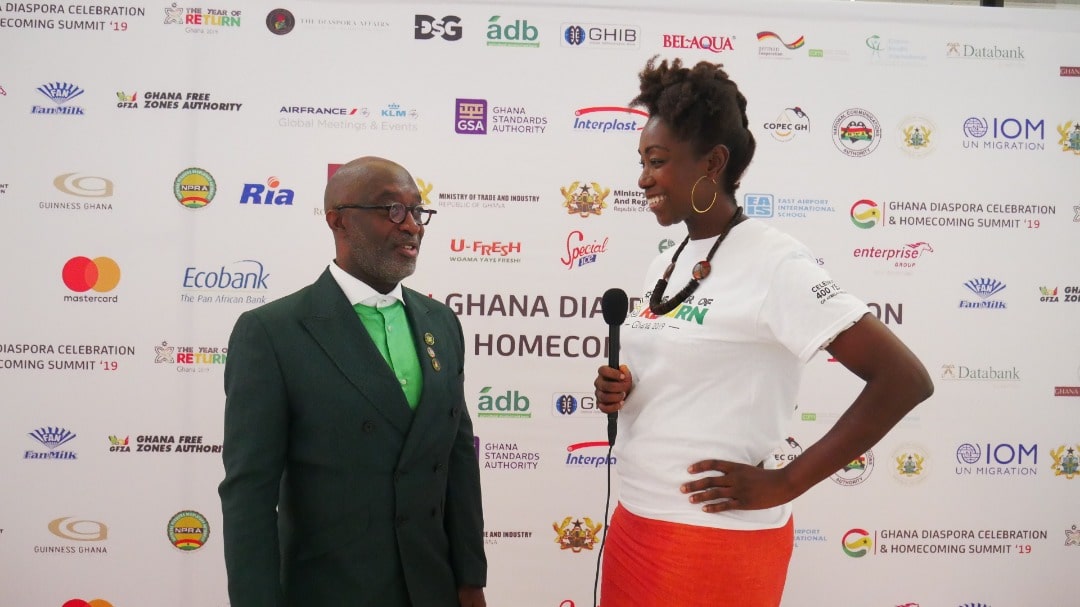
Event registrants came from all corners of the globe including, Kenya, Turkey, Nigeria, Zimbabwe, Australia, Belgium, the U.K., United States, and Canada. Each expecting to network and build connections with others who have a strong interest in Ghana. Adjoa Agyeman, a diasporan from Canada said she decided to come to the event because she has returned to Ghana and faced some obstacles. “I wanted to come and see if anyone else is having the same challenges that I am having and also to see if there are any remedies that are being brought up. So far I haven’t gotten a lot of answers, I’m still waiting. There are some issues that came up, like getting the Ghana card, and I thought it wasn’t resolved. So I am looking forward to the next few days and hoping all of my questions will be answered.”

A man from the U.K, who wished to remain nameless, said he was excited about all the things happening in Ghana so he decided to attend the event in hopes of networking and meeting new people. While Karl-Buah Obed, who travelled from Hong Kong spoke about how impressed he is with the Diaspora Affairs Office. He said that he was happy at how quick Mr. Ababio and his team are to respond to the needs of people like himself from the diaspora. Obed said it’s important to have someone in an office like that who cares about the needs and concerns of people who are transitioning to Ghana.
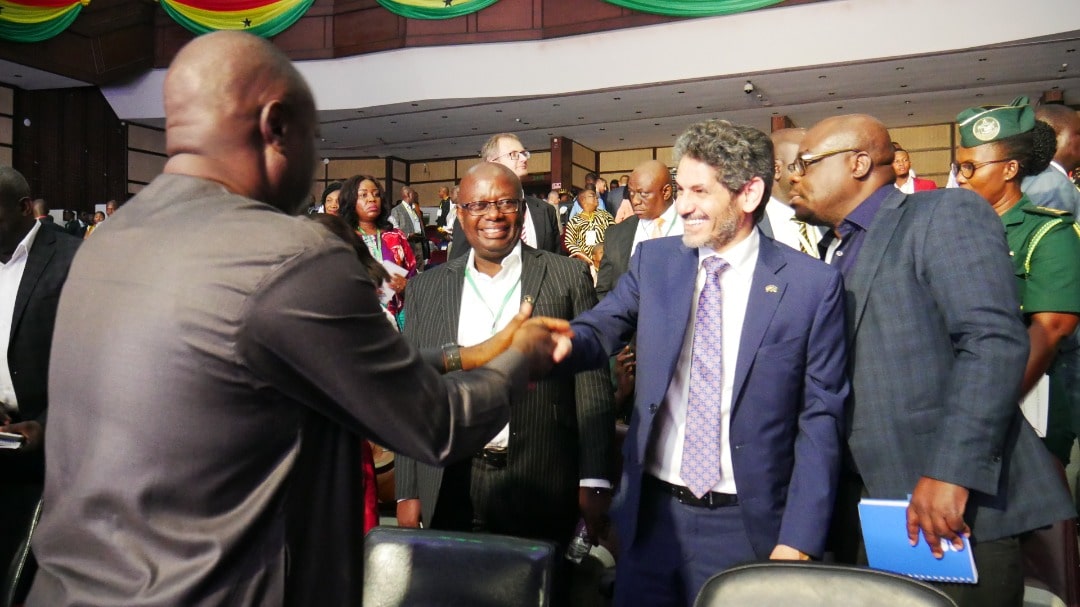
Over the next few days, the conference will feature other keynote speakers and panel discussions tackling some of the concerns of the diaspora. “The critical role of those living in the diaspora cannot be overstated,” the president said in wrapping up his Keynote address. He stressed that he will continue to have all diaspora matters centralized in the Diaspora Affairs Office where it currently resides.
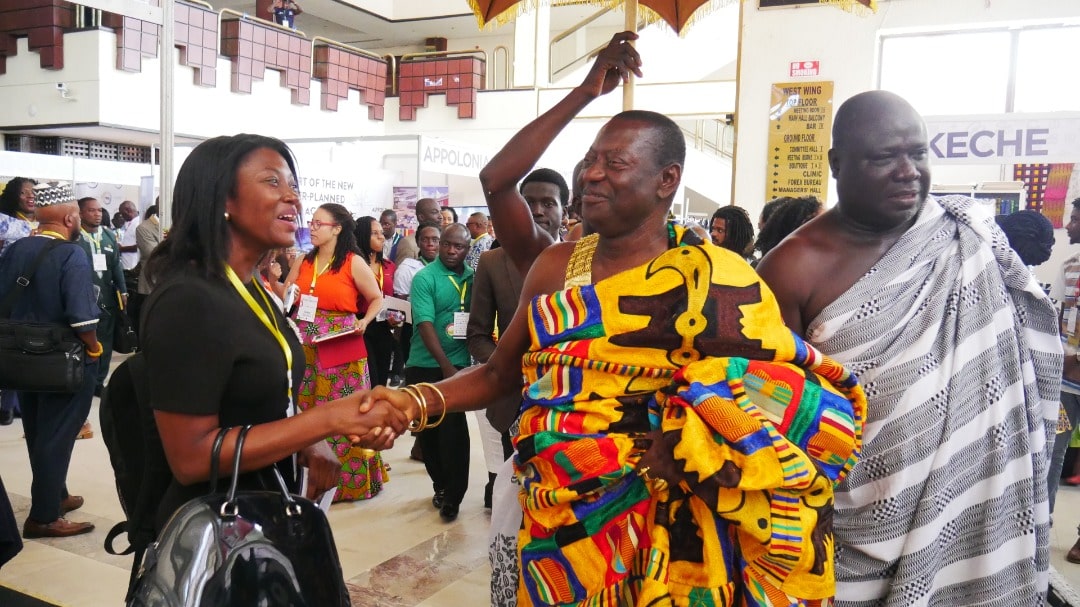
The conference runs until 6th July so it’s not too late to attend if you’re already in Ghana and looking to participate in the activities. Visit the website at www.myghanadiaspora.com for more details on registration and to download the event program. For more info on the Diaspora Affairs office visit the website, www.ghanaiandiaspora.com or www.yearofreturn.com.
Written by Ivy Prosper
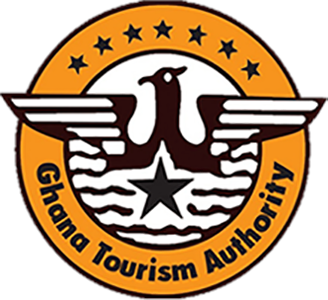

 Call Center
Call Center
